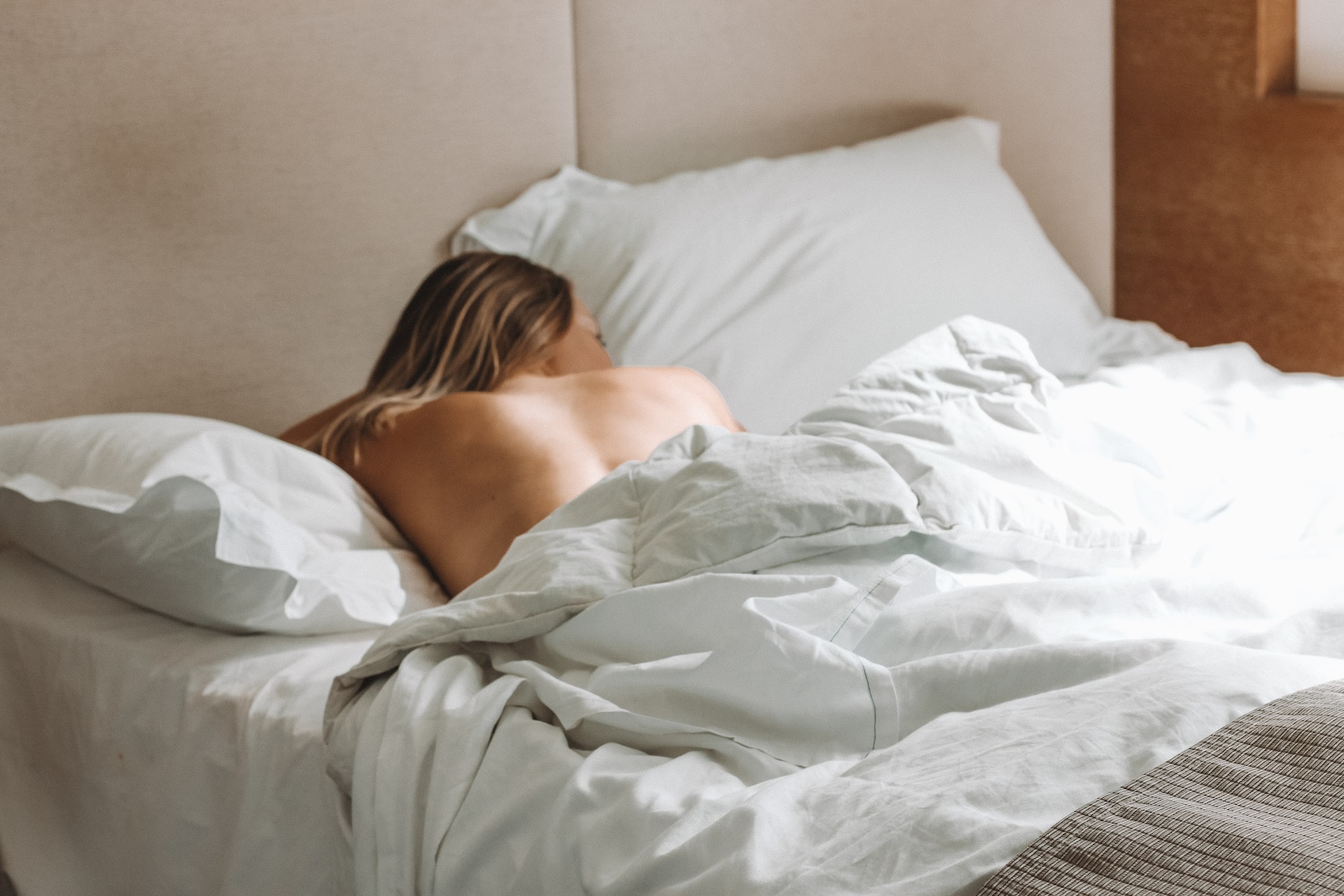Guy Stuff
Common Causes Of Night Sweats In Men
Night sweats are episodes of excessive sweating that ends up drenching your pajamas or bed during the night. However, many people don’t know what might be behind these bouts of sweating. Many people also don’t realize that with night sweats men can also be affected just as much as women. Just like their female counterparts, men may also not be fully aware of what’s causing these sweats. However, there may be a few likely culprits behind them. Furthermore, there are also a few relatively simple ways to fix the issue, depending on what the underlying cause is.
7 Causes Of Night Sweats In Men
While there are a variety of different causes for night sweats in men, there are a few relatively common reasons behind it. Having said that, it should be noted that night sweats may be a symptom of an underlying disease, so if the sweating persists for a significant period, then you should visit a doctor. However, the more common reasons include:
- Hyperhydrosis: This is an illness which causes people to sweat significantly more than usual. While this may go away on its own, there are a variety of simple and easy treatment options available for it.
- Medication: There are a variety of medications that are known to cause excessive sweating. Because of that, you should check to see if any of your medications list it as a potential side effect. If so, then you may need to consult your doctor about an alternative treatment.
- Infections: These are a somewhat obvious cause of night sweats, and the solution here is to take any medication you have for the illness and wait until it subsides.
- Hormone Disorders: While many people may assume that hormone disorders only affect women, they’d be mistaken. Men can suffer from these imbalances too, which can end up causing night sweats in men.
- Diet: Your diet can play a significant role in whether or not you have night sweats, as well as how much you sweat. Caffeine plays a major role in this; as a result, a change in diet may work.
- Anxiety Disorder: Anxiety can play a major role in the quality of your sleep, and this can be especially true with the likes of night sweats. As such, some medications will be able to help with this.
- Diabetic or Nocturnal Hypoglycemia: This is another medical issue that may be causing night sweats. As such, it’s something that you’ll need to consult a medical professional about.
As you can see, many of the causes of night sweats can be an underlying medical condition, which is why it’s incredibly important to see a medical professional should the issue persist. Should there be some other issue, your doctor will be able to provide the best course of treatment for the illness, which will also get rid of the night sweats.
Solutions For Night Sweats In Men
However, there are a variety of other causes of night sweats in men that may not be medical. It’s also possible that people can go through periods of unexplained night sweats. Having said that, there are a few different solutions to minimizing your night sweats and possibly even getting rid of them without medical help. The first of these we already mentioned; a change in diet. The likes of caffeine and alcohol can cause sweating, so they’re best left avoided in the hours before you go to bed.
Secondly is to make your bed and bedroom as cool as possible. This can include something as simple as changing your bedding to something lighter and cooler. On top of that, you can invest in an air conditioner or another cooling system to help cool down your bedroom. If you don’t want to spend too much money, you could always leave a bedroom window slightly open. You could also use floor and ceiling fans to circulate air around your bedroom and set your AC thermostat at a lower temperature, so you don’t sweat as much.
Many medical professionals will also have no problem prescribing a prescription-strength antiperspirant for you to use. This can be applied to whichever areas are sweating during the night; the most notable examples of these would be your armpits, groin and a few other areas. With this, you should see a significant decrease in the amount of sweating during


















Recent Comments